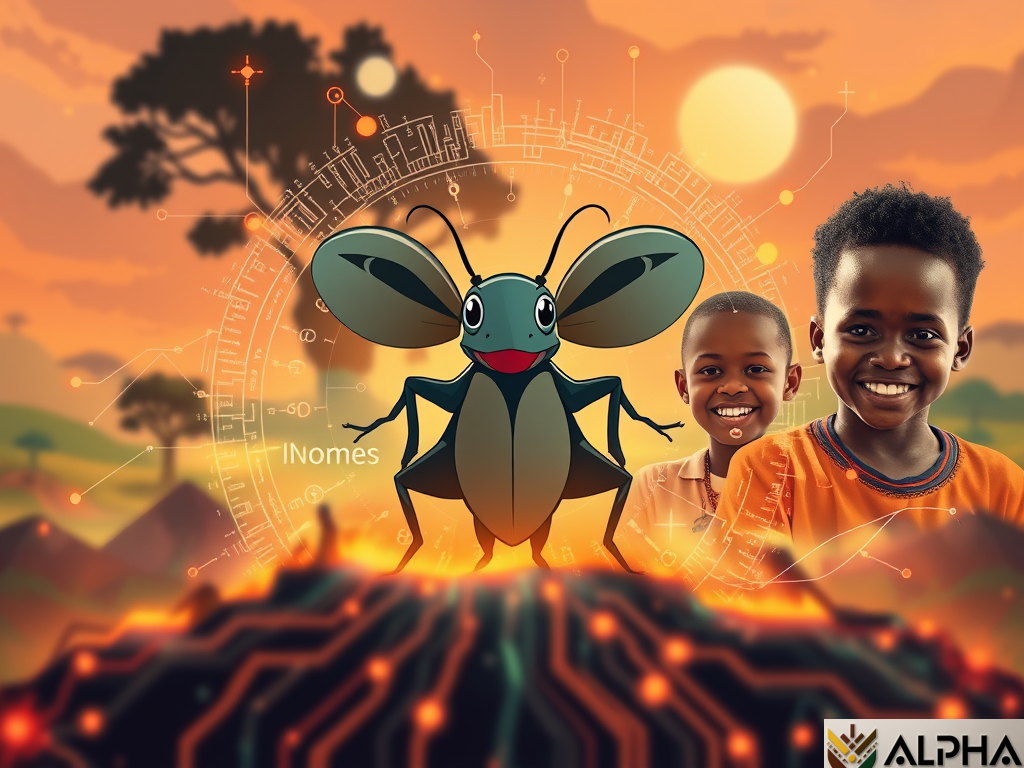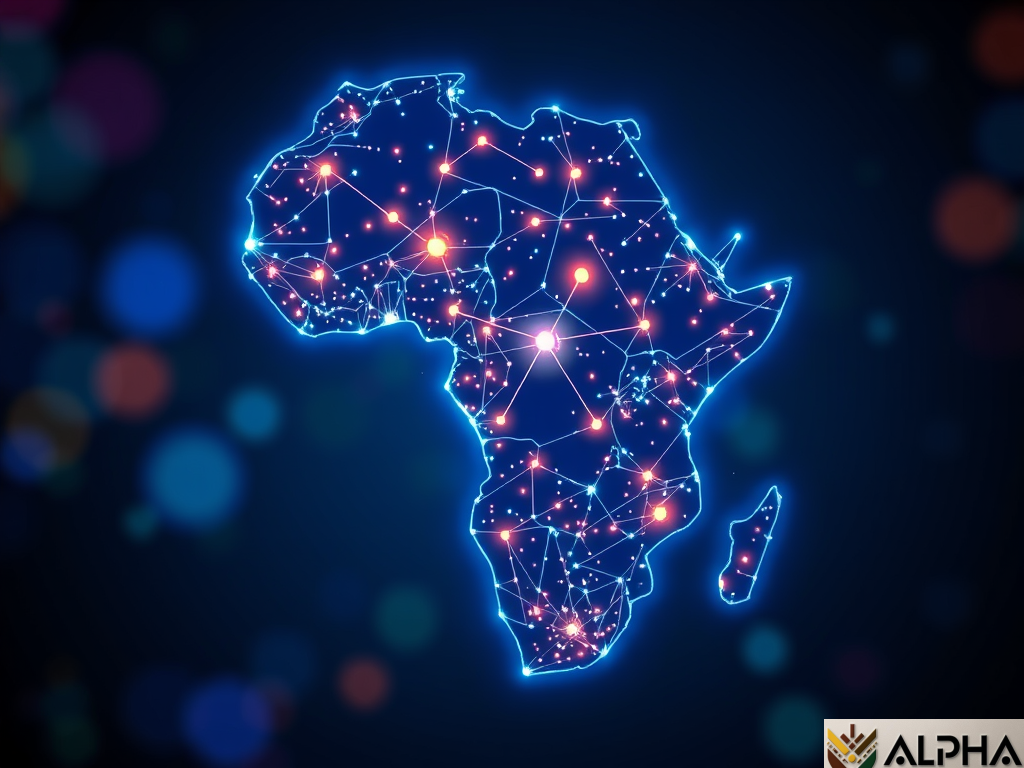Unlocking Africa’s Potential: The Rise of Heterogeneous AI
Africa is on the cusp of a technological revolution, driven by the transformative power of artificial intelligence (AI) and data science. While the global conversation often centers on developed nations, the continent’s unique challenges and opportunities present a fertile ground for innovative AI applications. This article explores the burgeoning field of heterogeneous AI systems and their potential to address some of Africa’s most pressing issues.
Heterogeneous AI: A Collaborative Approach
Traditional AI systems often rely on a single, monolithic model. However, heterogeneous AI embraces diversity. It involves assembling teams of AI agents, each specialized in a particular task or domain, and powered by different AI models. This collaborative approach mirrors the way humans solve complex problems by leveraging individual strengths.
Imagine a system designed to improve agricultural yields in sub-Saharan Africa. One agent, powered by a powerful image recognition model, analyzes satellite imagery to identify drought-stricken areas. Another agent, utilizing a natural language processing (NLP) model, translates weather forecasts into local languages for farmers. A third agent, trained on historical climate data, predicts future yields based on current conditions. This collaborative effort—a heterogeneous AI system—leads to more effective and nuanced solutions than any single model could provide.
Addressing Africa’s Unique Needs
The application of heterogeneous AI in Africa holds enormous promise for various sectors. Consider the following examples:
- ✓ **Healthcare:** Diagnosing diseases in remote areas using AI-powered image analysis and NLP to bridge language barriers.
- ✓ **Finance:** Creating more accessible and affordable financial services through AI-driven credit scoring and fraud detection.
- ✓ **Education:** Developing personalized learning experiences using AI-powered tutoring systems and adaptive assessment tools.
- ✓ **Environmental conservation:** Monitoring wildlife populations using AI-powered image recognition and predicting deforestation using satellite imagery analysis.
Challenges and Opportunities
While the potential benefits are substantial, challenges remain. Data scarcity, infrastructure limitations, and the need for culturally sensitive AI models are significant hurdles. However, the collaborative nature of heterogeneous AI offers a way to overcome these challenges. For instance, smaller, specialized models can be trained on limited datasets, yet still contribute valuable insights to a larger system.
Conclusion: A Collaborative Future
Heterogeneous AI offers a powerful toolkit for addressing Africa’s unique challenges and unlocking its vast potential. By embracing diversity in both AI models and data sources, this collaborative approach can lead to transformative solutions across various sectors, from healthcare to agriculture to education. The future of AI in Africa is bright—a future built on collaboration and innovation.
- ✓ **Key takeaway:** Heterogeneous AI leverages the collective intelligence of diverse AI models for improved performance.
- ✓ **Next steps:** Invest in research and development of culturally sensitive AI models tailored to African contexts.
Share this content:














Laisser un commentaire